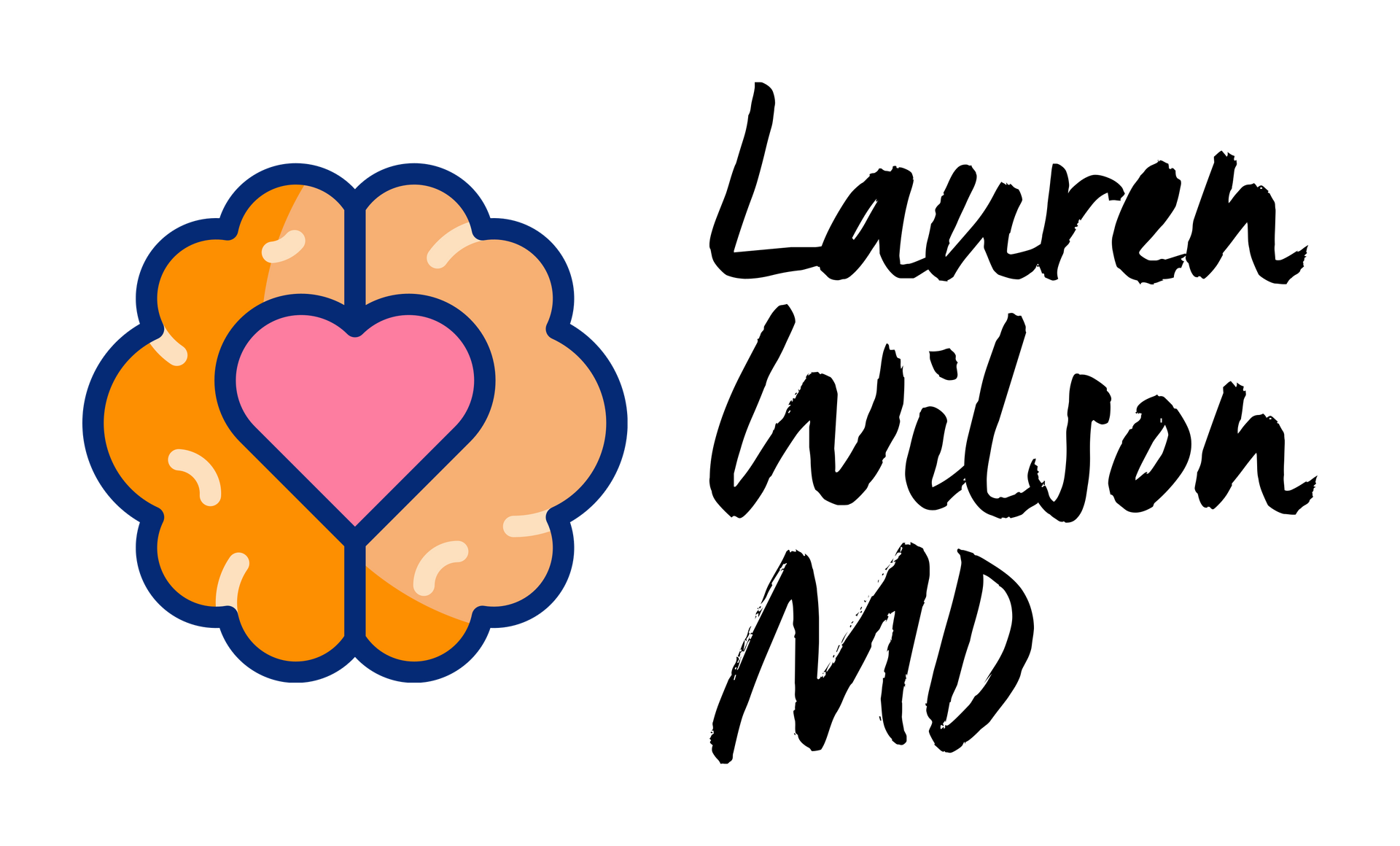Understanding Rejection Sensitivity Dysphoria
When Rejection Hurts More Than It Should
If you've ever felt an intense emotional reaction to criticism, perceived slights, or the possibility of rejection—so much so that it derails your day or affects your relationships—you’re not alone. These experiences may be part of a lesser-known but profoundly distressing phenomenon called Rejection Sensitivity Dysphoria (RSD).
What Is Rejection Sensitivity Dysphoria?
Rejection Sensitivity Dysphoria refers to an extreme emotional sensitivity to the perception—real or imagined—of rejection or criticism. The term was popularized by Dr. William Dodson, a psychiatrist who has written extensively about ADHD. Individuals with RSD often describe reactions that are sudden, overwhelming, and feel out of proportion to the situation.
While not yet recognized as a formal diagnosis in the DSM-5, RSD is gaining traction in both clinical settings and research circles as a distinct emotional profile that affects quality of life and functioning, particularly among those with neurodevelopmental conditions such as ADHD and autism spectrum disorder (ASD).
Key Symptoms of RSD
- Sudden mood shifts triggered by perceived rejection or criticism
- Intense feelings of shame or humiliation, sometimes leading to withdrawal or avoidance
- Overcompensating behavior, such as people-pleasing or perfectionism
- Outbursts of anger or sadness, often followed by regret
- Fear of failure or judgment, leading to social anxiety or isolation
Many people with RSD internalize these reactions, leading to chronic low self-esteem or depression. Others externalize them in the form of angry outbursts or conflicts in relationships.
Who Experiences RSD?
The research linking RSD to ADHD is particularly strong. Studies have shown that individuals with ADHD often experience heightened emotional reactivity, including disproportionate responses to rejection (Surman et al., 2013). The neurobiology of ADHD includes dysregulation in areas of the brain associated with emotion processing and impulse control, which may explain the intensity of emotional responses.
Moreover, autistic individuals, especially those who mask their symptoms, often report high levels of rejection sensitivity and social anxiety (Cage et al., 2018). These populations may be especially vulnerable to RSD due to long-standing experiences of misunderstanding, marginalization, or burnout from trying to meet social expectations.
What Causes RSD?
While the exact causes are still being studied, current thinking points to a combination of:
- Neurobiological sensitivity, particularly in ADHD and ASD
- Chronic invalidation, bullying, or trauma, particularly in formative years
- Internalized stigma about being different, which amplifies the fear of rejection
Over time, these experiences can wire the brain to be hyper-alert to potential threats of exclusion or criticism—even when none exists.
How Is RSD Different From Social Anxiety or BPD?
It’s easy to confuse RSD with other conditions that involve interpersonal sensitivity, like social anxiety disorder or borderline personality disorder (BPD). However, there are key differences:
- Social anxiety is more anticipatory and fear-driven; RSD tends to be more reactive and explosive.
- In BPD, interpersonal difficulties often stem from a pattern of unstable relationships and identity disturbance. RSD tends to be more specific to perceived rejection, without broader patterns of instability.
That said, RSD can co-occur with these conditions, and a careful evaluation by a mental health professional is crucial for an accurate understanding and effective treatment.
What Helps?
There is no one-size-fits-all treatment for RSD, but a combination of the following approaches can help reduce its impact:
1. Psychotherapy
Cognitive Behavioral Therapy (CBT) and Acceptance and Commitment Therapy (ACT) can be helpful in:
- Identifying and challenging cognitive distortions related to rejection
- Increasing tolerance for emotional discomfort
- Learning self-compassion and value-based living
2. Medication
Some people, especially those with co-occurring ADHD, may benefit from medications such as:
- Alpha-agonists like guanfacine or clonidine, which can reduce emotional reactivity (Murray et al., 2019)
- Stimulants, which may help regulate mood indirectly by improving attention and executive function
- SSRIs or SNRIs if symptoms overlap with anxiety or depression
3. Psychoeducation and Support
Understanding RSD can be powerful in itself. Many people experience a sense of relief when they realize their intense emotional reactions have a name and a context. Connecting with peer support groups or working with a clinician who validates your experiences is often a turning point.
Final Thoughts
Rejection Sensitivity Dysphoria may not be officially listed in diagnostic manuals, but its effects are very real. If this post resonates with you, know that you're not broken or "too sensitive"—you may simply be wired to feel emotional pain more acutely. With the right support, self-understanding, and strategies, it’s possible to live a fulfilling life without being at the mercy of rejection's sting.
If you’d like to explore whether RSD could be part of your emotional experience, I offer compassionate, neurodiversity-affirming psychiatric evaluations and treatment planning. Feel free to reach out for a 15-minute phone consultation.
References
- Surman, C. B. H., Hammerness, P. G., Pion, K., et al. (2013). Understanding emotional dysregulation in adults with attention deficit hyperactivity disorder: a controlled study. Journal of Clinical Psychiatry, 74(7), 614–621. https://doi.org/10.4088/JCP.12m08060
- Murray, A. L., McKenzie, K., Murray, K. R., & Richelieu, M. (2019). The Importance of Emotional Dysregulation in Adults with ADHD. Psychiatry Research, 272, 585–593. https://doi.org/10.1016/j.psychres.2018.12.164
- Cage, E., Di Monaco, J., & Newell, V. (2018). Experiences of Autism Acceptance and Mental Health in Autistic Adults. Journal of Autism and Developmental Disorders, 48(2), 473–484. https://doi.org/10.1007/s10803-017-3342-7
- Dodson, W. (2017). Rejection Sensitivity Dysphoria and ADHD. ADDitude Magazine.


